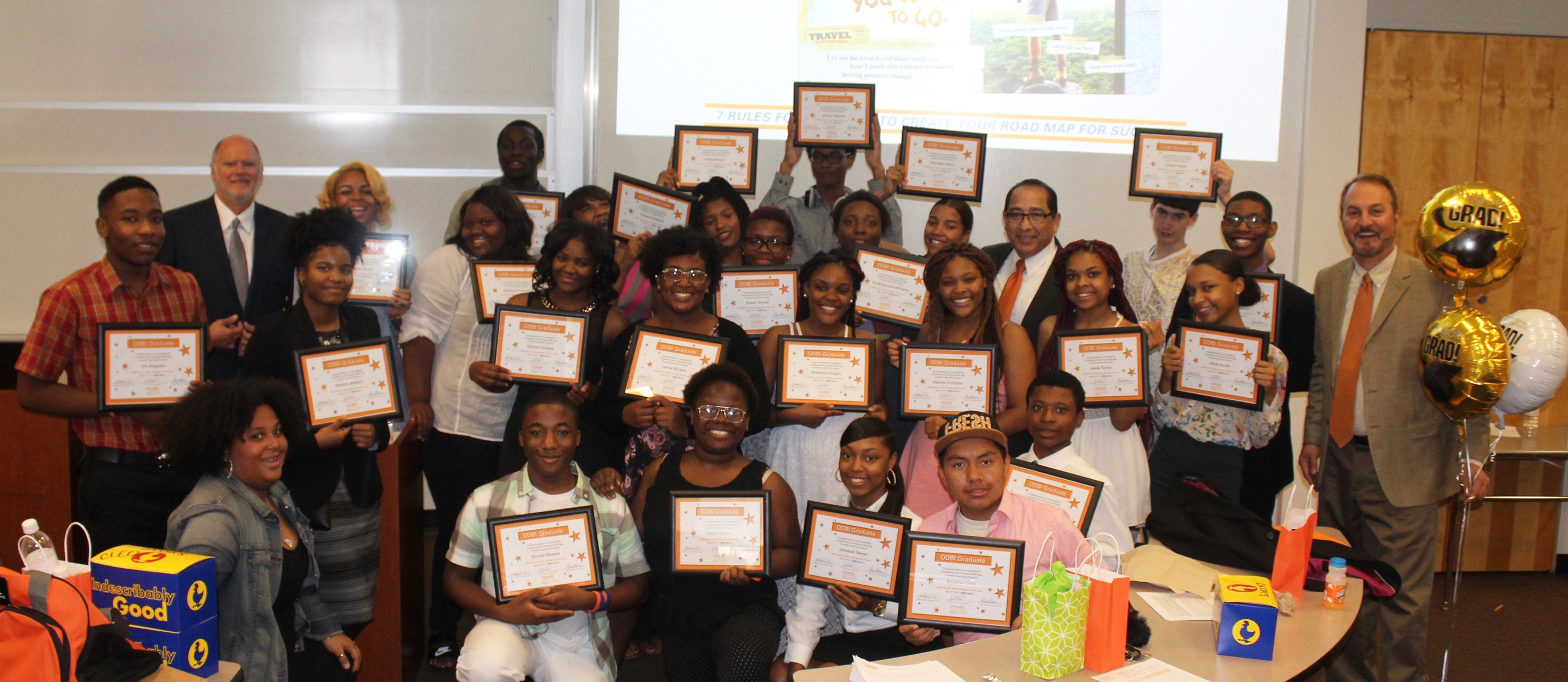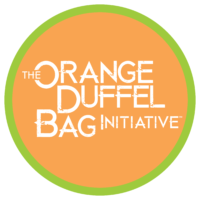ODBI After School Program
“It is only when youth have been coached to study their hearts can they change, love, and pursue their dream of successfully completing their education with the focus, drive, and confidence necessary to live a vision that is far greater than they would have dared to imagine.”
— Evelyn A. Lavizzo PhD, LCSW, Med, Executive Director, Carrie Steele-Pitts Home, Inc.
ODBI 12-Session After School Coaching Program

ODBI’s 12-session after school program goals are: to build upon academic learning of at-risk high school students; to assist them in creating self-driven education and life plans; to empower them to achieve a high school diploma or GED and further their post-secondary education; provide them tools (laptops) to aid with their future success; and to offer program graduates college and career readiness events and college bound experiences.
The goals are to build upon academic learning of high school students in foster care; to assist them in creating self-driven education and life plans; to empower them to further their post-secondary education through internships, apprenticeships and community involvement; and to provide them tools (laptops) to aid their future success, and offer program graduates college and career readiness events and “college bound experiences.”
Held on a university campus or Technical school, or virtually, each class is comprised of 20+ high school teens. Each student receives executive-level certified life coaching, ODBI’s 7 Rules for the Road curriculum, meals and materials at no cost to them. Throughout the 12 sessions, students develop their own life and education plans. They are connected with a family of ODBI advocates who will help them effectively overcome barriers as they work to achieve their plans. Students who successfully complete the program present their life and education plans at program graduation, are honored as ODBI Grads, earn a laptop and an orange duffel bag.
.
ODBI’s 12-session after school coaching program is Georgia Department of Public Health IRB approved, evidence informed, achieves the following positive outcomes:
.
• Self-reliance
• Self-advocacy
• Education planning and career exploration
• Improved critical thinking
• Safe and sustainable relationships
• Community involvement
• Peer-to-peer mentoring
.
Each coaching class is continually measured for key long-term and short-term outcomes:
.
• High school education achievement
• Entrance to college or technical school
• Post-secondary achievement

